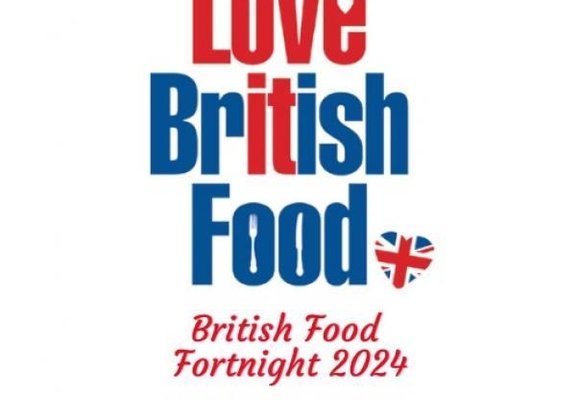Plans to force food businesses in England to share data on key health metrics have been shelved in a further retreat from policies that are perceived to add extra cost to businesses.
The UK government launched its food data transparency partnership (FDTP) in last year’s food strategy as “a unique opportunity to leverage the collective energy and enthusiasm found across the food system and drive a real transformation in health, animal welfare and environmental outcomes through our food”.
The plan was to make it mandatory for large businesses to publicly report against a consistent set of health metrics and explore a similar approach to sustainability and animal welfare.
At the time, the government said the partnership would “champion consumer interests, providing people with the information they need to make more sustainable, ethical, and healthier food choices, and incentivise industry to produce healthier and more ethical and sustainable food”.
But speaking at a Westminster Forum event on Tuesday, an official from the Department of Health and Social Care (DHSC) revealed that reporting will now only be required voluntarily.
“Our ministers were really clear that in the context of the current cost of living crisis and continued pressure on businesses and consumers with rising food prices, they didn’t want to do anything that would add to the burden on businesses,” said Sean Povey, deputy director, diet, obesity and healthy behaviours at DHSC.
He added that it was hoped the attempt to streamline data reporting burdens through the FDTP would “create a commercial incentive to businesses” to participate voluntarily.
The specific health metrics to be reported are still under discussion by a dedicated health working group made up of industry representatives. They are expected to be agreed in 2024.
Sustainability metrics, meanwhile, are being developed by a separate eco working group and will initially focus on harmonising reporting of scope three greenhouse gas emissions, although this could eventually widen to include other sustainability indicators.
The UK government is currently assessing whether economy-wide reporting of scope three emissions should be incorporated into UK law. The FDTP plans to align with these requirements rather than set its own mandatory reporting requirements to reduce the risk of fragmentation.
The eco-working group also aims to establish a mandatory methodology for voluntary food eco-labels. However, animal welfare is no longer a specific focus of the FDTP work programme.
Speakers at the event expressed disappointment at the U-turn on mandatory sharing of health data, which follows a series of government retreats on proposals set out in its food strategy, including one for mandatory food waste reporting by businesses.
Rebecca Tobi, senior business and investor engagement manager at The Food Foundation, said the charity was “very disappointed” to see health data reporting would no longer be mandatory. “Unless there's adequate enforcement in place for a voluntary system, there's a danger that we'll have improved systems for reporting, but we won't have companies actually doing the reporting,” she added.
Sophie Lawrence, stewardship and engagement lead at Rathbone Greenbank Investments, noted how a coalition of investors spearheaded by the company has been advocating for the introduction of mandatory health and sustainability reporting for food businesses. “As a coalition, we were disappointed to see the rollback on mandatory health reporting,” Lawrence said, although she added that “consistent voluntary reporting [is] still as an important stepping stone towards mandatory reporting”.
Consistent and transparent reporting of food data was a key recommendation made by Henry Dimbleby in his national food strategy which, unlike many of Dimbleby’s recommendations, was adopted in the government’s response last year.
Dimbleby wanted to see a statutory duty for all food companies with more than 250 employees – including retailers, restaurant and quick service companies, contract caterers, wholesalers, manufacturers and online ordering platforms – to publish an annual report on metrics, including sales of food and drink high in fat, sugar or salt (HFSS); sales of protein by type and origin; sales of vegetables and fruit; and food waste.
*source Footprint










